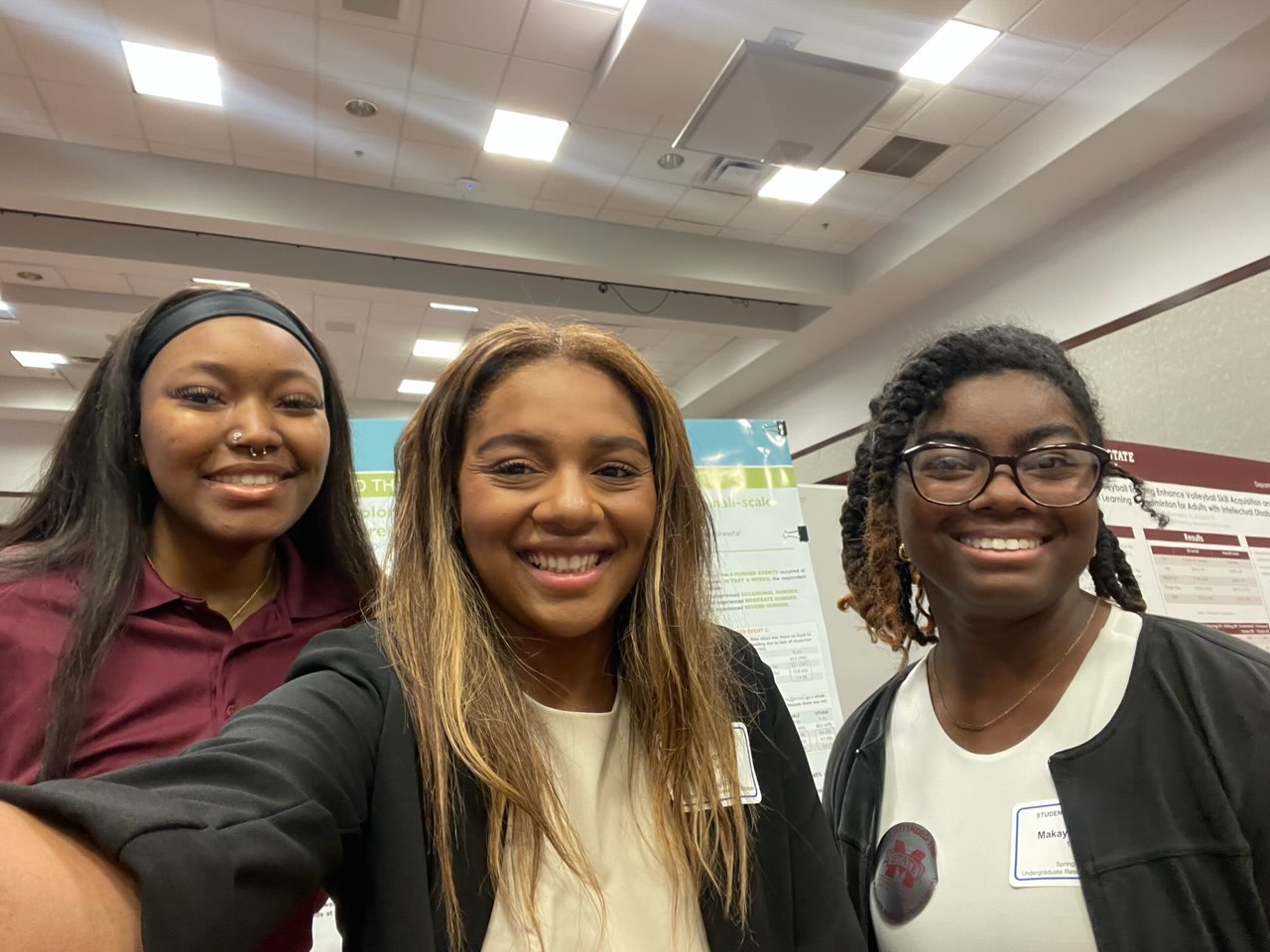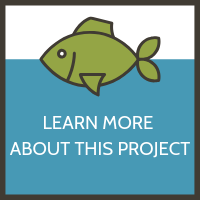
By Alaina Dismukes
Would you have thought that you, as a student, could be a part of research that is taking place halfway around the world? Three Mississippi State University undergraduate students did just that by participating in research aimed to end hunger in Zambia. Hands-on learning opportunities like the 2023 Spring Undergraduate Research Symposium, organized by the Shackouls Honors College, are equipping MSU students with the skills to find solutions to the world’s most pressing challenges.
The Feed the Future Innovation Lab for Fish housed in MSU’s College of Veterinary Medicine is a part of the U.S. Government’s global hunger and food security initiative, working toward creating sustainable, long-term solutions to end chronic hunger and poverty. Faculty from six departments across MSU are involved in Fish Innovation Lab-funded activities. Kathleen Ragsdale, a MSU research professor at the Social Science Research Center (SSRC) and lead principal investigator for the Fish Innovation Lab’s FishFirst! Zambia activity, is passionate about providing research opportunities that will help students gain experience and build skills for the future.
Nyia Sawyer, a sophomore biomedical engineering major; Deja Howard, a senior psychology major; and Makayla Smith, a senior sociology major, all presented on FishFirst! Zambia work under the direction of Ragsdale. The main focus of the research activity is providing mothers in Zambia with the information and tools they need to incorporate nutrient-rich foods like fish into their families’ diets to increase overall health, especially for young children who are in a critical growth stage.
MSU undergraduate students who wish to participate in the Research Symposium prepare a poster that highlights their research and an abstract for the annual abstract booklet.
For Sawyer, the Research Symposium was a gateway into the world of research.
"For me personally, this was my first time presenting in a research symposium," Sawyer said. "I presented on the FishFirst! Zambia activity, and while knowing there would be evaluators was intimidating, it was useful to receive their feedback. Presenting in the research symposium was a great experience for me since it gave me an early insight into what the research world has to offer, which will be beneficial since I plan to continue my education into graduate school."
Howard’s poster was on a survey called the Gender Responsive Aquaculture/Fisheries Development Assessment (GRADA-FIL), which the Fish Innovation Lab team used to measure gender inclusion in the activity.
"As a first-time presenter, it was nice to be in a room where people spoke with enthusiasm and passion about their projects," Howard said. "Before spectators and evaluators entered the room, the presenters also had the opportunity to walk around and view other people's projects. It was refreshing to see everyone's hard work and have a taste of the professional world at the same time. This is important for students."
Growing leaders matters to MSU, so providing students with professional experiences is a must.
"This was my first scientific presentation as a BRIDGES research scholar at the SSRC," Smith said. "Undergoing the experience of writing an abstract, creating a poster, and presenting research gives students insight into what a career in research entails and also provides an advantage when applying for graduate schools by having such impressive research experience.
"Additionally, this year's symposium consisted of evaluators who judged each poster presentation and provided feedback for students to improve their skills in presenting. Not only did I learn a lot about what it takes to present research, but also it was immense fun."
Published June 20, 2023

